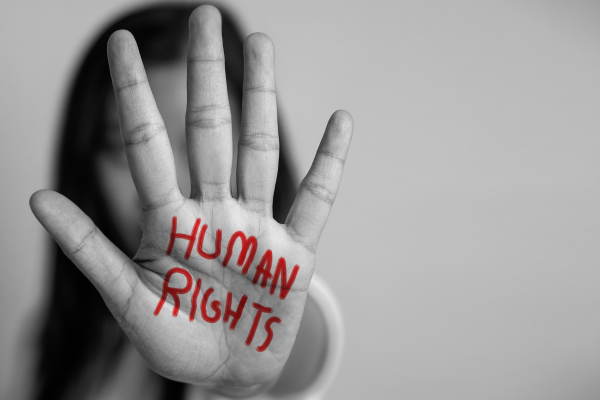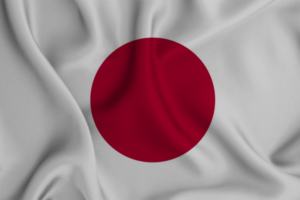Introduction:
Human rights, the fundamental rights and freedoms inherent to all individuals, serve as the bedrock of just and equitable societies. Nations worldwide have enshrined these rights in their constitutions and legal frameworks, reflecting their commitment to justice, dignity, and equality. Brazil and South Africa, two nations with tumultuous histories marked by periods of oppression and inequality, offer unique perspectives on human rights protection. This article delves into the intricacies of human rights legislation in these two countries.
1. Historical Context and Evolution:
- Brazil: Brazil’s journey in human rights has been marked by its transition from a colonial past, through a period of military dictatorship, to its current democratic state. The country’s human rights evolution reflects its struggle for democracy, social justice, and inclusion.
- South Africa: South Africa’s human rights narrative is deeply intertwined with its apartheid past. The nation’s transition to democracy, marked by the leadership of figures like Nelson Mandela, has been a testament to its commitment to human rights and reconciliation.
2. Constitutional Guarantees:
- Brazil: Brazil’s 1988 Constitution, often referred to as the “Citizen Constitution,” enshrines a wide array of human rights, from civil and political rights to economic, social, and cultural rights. The Constitution emphasizes the indivisibility and universality of these rights.
- South Africa: South Africa’s 1996 Constitution, hailed as one of the most progressive globally, enshrines the Bill of Rights. This section guarantees a range of rights, from equality and freedom from discrimination to socio-economic rights like housing and health.
3. Rights of Indigenous and Traditional Communities:
- Brazil: Brazil recognizes the rights of its indigenous communities, emphasizing their right to traditional lands, cultures, and ways of life. The country’s legal framework seeks to protect these communities from exploitation and displacement.
- South Africa: South Africa’s Constitution acknowledges the rights of traditional communities, emphasizing cultural and linguistic rights. The country also recognizes traditional leadership and governance structures.
4. Gender Equality and Women’s Rights:
- Brazil: Brazil has made significant strides in promoting gender equality, with laws addressing domestic violence, sexual harassment, and discrimination. The Maria da Penha Law, for instance, offers protection to women against domestic violence.
- South Africa: South Africa’s commitment to gender equality is evident in its legal framework, with laws addressing issues from domestic violence to reproductive rights. The Promotion of Equality and Prevention of Unfair Discrimination Act is a testament to the country’s commitment to gender justice.
5. Rights of the LGBTQ+ Community:
- Brazil: Brazil has been progressive in recognizing the rights of the LGBTQ+ community. The country decriminalized homosexuality in 1830 and has since taken steps to combat discrimination, recognize same-sex unions, and ensure transgender rights.
- South Africa: South Africa was the first nation globally to constitutionally prohibit discrimination based on sexual orientation. The country has legalized same-sex marriage and has laws addressing hate crimes and discrimination against the LGBTQ+ community.
6. Socio-Economic Rights:
- Brazil: Brazil’s Constitution recognizes socio-economic rights, emphasizing the state’s role in ensuring health, education, and housing for its citizens. The country’s legal framework seeks to address socio-economic disparities and promote inclusive development.
- South Africa: South Africa’s Bill of Rights enshrines socio-economic rights, emphasizing the state’s responsibility to ensure access to housing, health, and food. The country’s jurisprudence, marked by landmark cases like the Treatment Action Campaign case, reflects its commitment to these rights.
7. Freedom of Expression and Media:
- Brazil: Brazil guarantees freedom of expression and prohibits censorship. However, the country faces challenges related to media concentration and threats to journalists, impacting media freedom.
- South Africa: South Africa’s Constitution guarantees freedom of expression and the press. The country has a vibrant media landscape, though challenges related to media ownership and threats to journalists persist.
8. Judicial Protection and Enforcement:
- Brazil: Brazil’s judiciary plays a pivotal role in upholding human rights, with the Federal Supreme Court often adjudicating on significant human rights cases. The country also has specialized human rights mechanisms, like the National Human Rights Ombudsman.
- South Africa: South Africa’s Constitutional Court stands as a beacon of human rights protection, adjudicating on landmark cases that have shaped the country’s human rights narrative. The South African Human Rights Commission further reinforces human rights protection.
Conclusion:
Human rights, while universal in their essence, are deeply influenced by a nation’s unique historical, cultural, and socio-political context. Brazil and South Africa, with their distinct challenges and triumphs, offer invaluable insights into the complexities of human rights protection. As the global discourse on rights and justice evolves, understanding these nuances becomes crucial for policymakers, activists, and citizens committed to building just and equitable societies.



